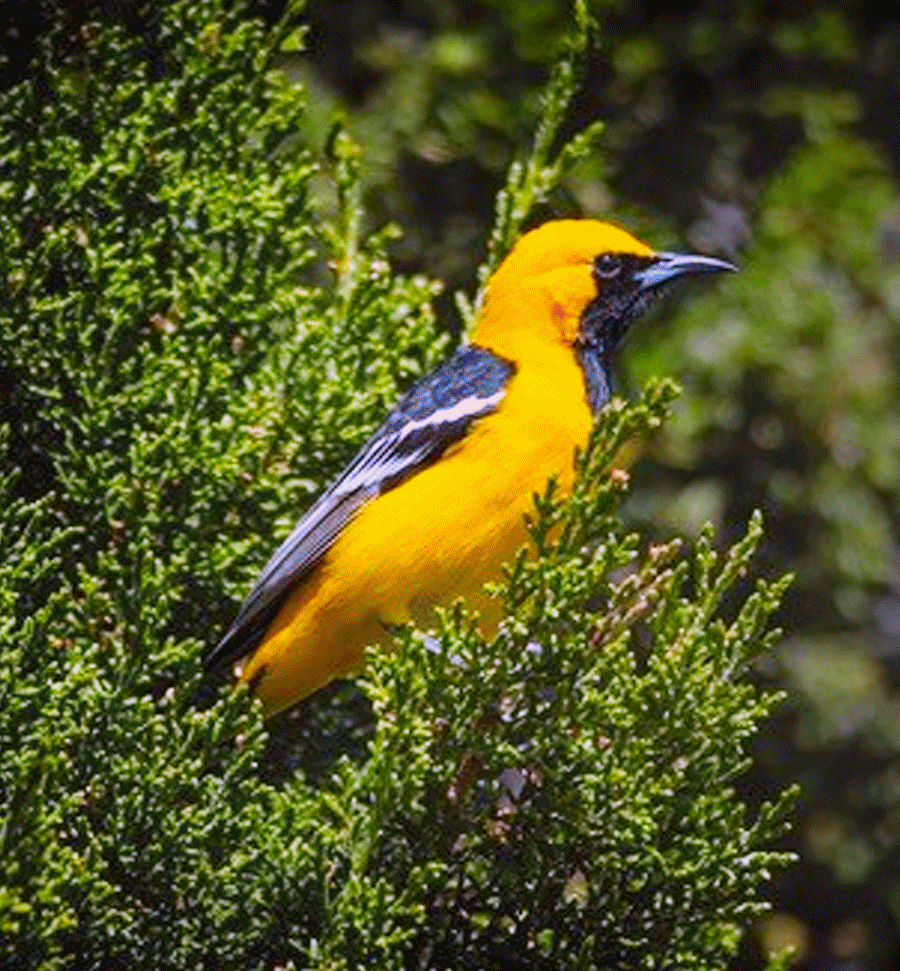AUTHOR: BRUCE WILSON
I’m a writer. There, I’ve said it in a public forum. I’ve always been good at the writing process and even used the skills I learned in public school successfully in thirty-plus years in Corporate America and later while earning a Masters Degree. But it wasn’t until I started writing a novel that I began to see myself as a Writer.
Earlier this year, at the Tucson Festival of Books, I attended one of the many panel discussions at which three authors discussed a writing-related topic. When the session ended, I hurried to the book-purchase/author-signing table, hoping for a chance to hear an unplanned gem of wisdom from one the panelists.
While the three speakers were getting settled, one of them asked me what I was working on. (Did I look like a Writer to her?) I mumbled something like “For a few years I’ve been thinking about writing a story about…” That’s when she interrupted me and said, “Stop thinking and start writing.” I remember walking away from the table embarrassed, seeing myself as a planner and not a doer. But I also felt the challenge at a new level. A few days later, home from the Festival and ready to get back to teaching history after Spring Break, I started writing my “planned” novel.
I knew where I wanted to go with the story, but I also knew that I needed to let the story happen. This was so contrary to my usual process of read, research, take notes, plan, outline, cite, write, review, edit, revise, etc. At the university, whether teaching or taking classes, I always worked under deadlines and with specific word count targets. I decided to set myself new rules—Write every day and let the story set its own course, and write without a specific due date and, especially, without a specific word count target.
In the six months I’ve kept at this process, I’ve learned two enlightening and refreshing things:
1. Writing something every day, whether it’s a dozen words or a dozen paragraphs without a deadline, yields a new kind of freedom.
2. Writing (the real thing…you know what I mean) is like breathing, and every day’s output is like another breath in a long, long process.
I’m not concerned about whether or not my book gets published. I am, however, committed to writing my story until it’s finished. What happens after that hasn’t yet been written.



